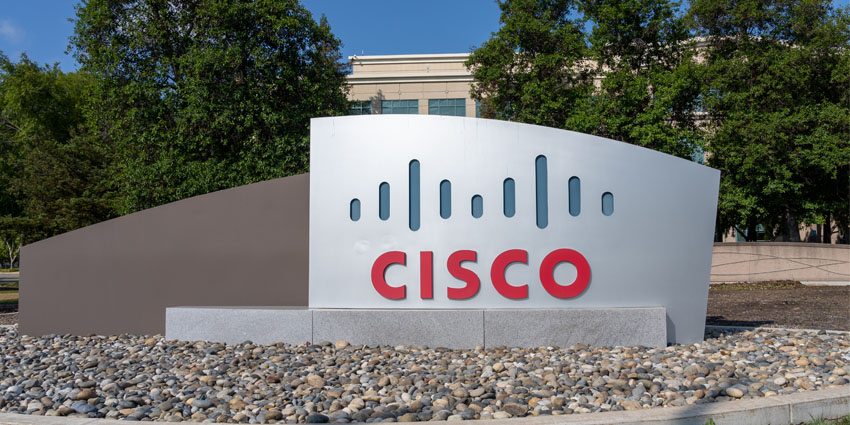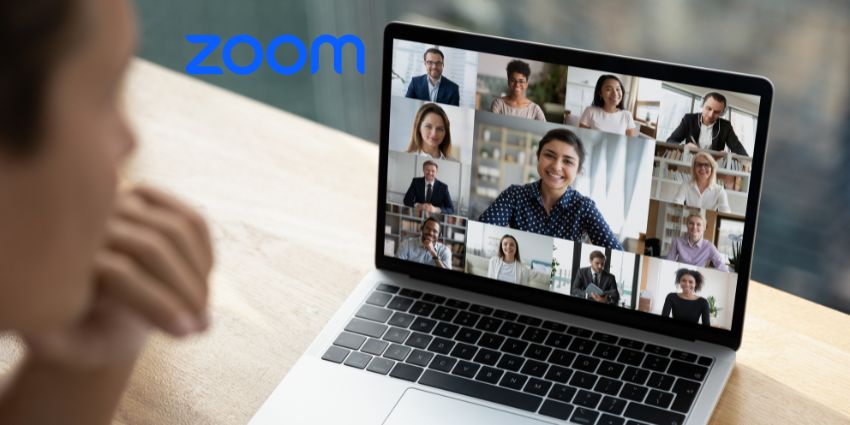Hackers are Using Fake Zoom Apps to Trick Users Into Downloading Malware
Hackers are using fake Zoom installer apps to trick users into downloading the hostile BlackSuit ransomware that takes over systems and steals data.
Researchers at DFIR have found that the attack is being initiated through a fraudulent Zoom installer. This installer deceives unsuspecting users into downloading malware from a convincing replica of Zoom’s website.
Windows users are at risk of infection from BlackSuit ransomware, a well-documented cyber threat that has previously targeted schools, healthcare organisations, and other essential services. Once the malicious software infiltrates a system, it remains inactive for several days, evading immediate detection.
When triggered, it executes a coordinated assault, extracting sensitive data, encrypting critical files, and issuing a ransom demand to restore access.
The BlackSuit ransomware gang emerged in early 2023 and quickly gained notoriety for targeting healthcare, education, and other critical sectors.
The BlackSuit ransomware campaign highlights the evolving sophistication of cyber threats and the devastating impact on critical sectors. IT leaders can take a proactive, multi-layered approach to cybersecurity to mitigate risks and enhance resilience.
8×8 Releases Raft of New UC and CX Offerings
In a strategic expansion of its customer engagement portfolio, 8×8 has unveiled a suite of new and enhanced solutions aimed at addressing critical CX challenges. These innovations tackle issues such as channel fragmentation, communication silos, limited customer interaction visibility, and inefficient AI deployment.
The newly introduced solutions include 8×8 Engage, 8×8 JourneyIQ, RCS Business Messaging support for 8×8 Contact Center, and 8×8 AI Orchestrator. Each is designed to enhance specific aspects of the customer experience—ranging from broadening digital channel support and improving journey insights to enabling rich messaging interactions and optimising AI-driven workflows.
Hunter Middleton, Chief Product Officer at 8×8, commented:
We are a company that prides itself on putting our customers, and their customers, first and foremost, which becomes incredibly apparent when considering the technology and areas where we are innovating.”
For example, 8×8 Engage expands 8×8’s digital channel capabilities, allowing employees beyond the traditional contact centre to interact with customers across multiple communication platforms.
With 8×8 Engage, organisations can now deliver seamless support via voice, video, SMS, Viber, WhatsApp, email, and RCS Business Messaging, empowering customers to choose their preferred communication channel for a more flexible and personalized experience.
Sky to Close 3 Contact Centers, Cut 2,000 Jobs in Drive to Digital
Sky has announced plans to cut 2,000 jobs across its customer service operations and close three of its UK contact centres as part of a broader shift toward digital customer engagement. The Comcast-owned media and telecom company cited evolving customer preferences as the driving force behind these changes.
The closure of contact centres in Stockport, Sheffield, and Leeds will reduce Sky’s UK service locations from 10 to seven, affecting approximately 7% of its total workforce. The company anticipates a significant drop in call volumes, from 25 million to 17 million annually, as more customers transition to digital channels.
To support this shift, Sky plans to establish a new centre of excellence at its Livingston site, backed by a multimillion-pound investment. This initiative aims to enhance digital-first customer service, leveraging advanced technology for a more seamless and always-available support experience.
“We’re transforming our business to deliver quicker, simpler and more digital customer service,” a Sky spokesperson said of the announcement. “Our customers increasingly want choice, to speak to us on the phone when they need us most and the ease of managing everyday tasks digitally.”
While many industry experts argue that voice communication is evolving rather than diminishing, Sky’s decision signals a decisive move toward a digital-first customer service strategy—potentially challenging the role of traditional voice-based support.







